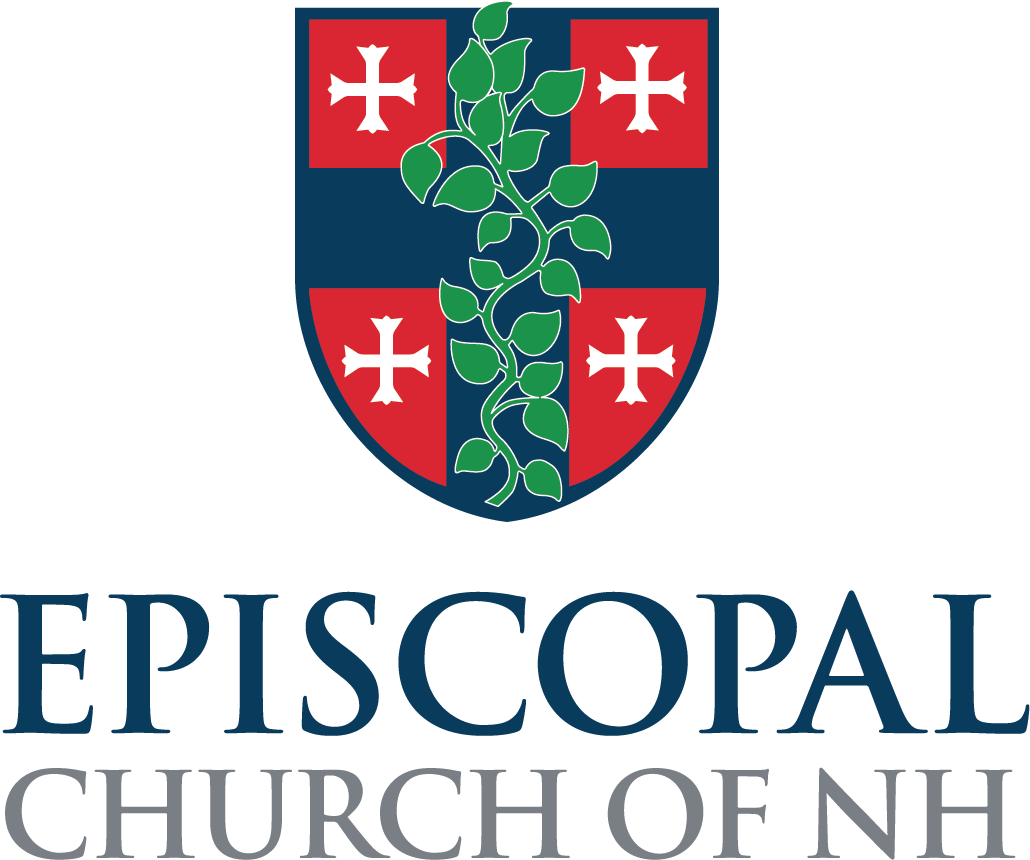“America, love it or leave it.” — seen on a church sign in New Hampshire.
Some six centuries before the birth of Jesus, a prophet burst on the scene in Jerusalem. Jeremiah was disgusted with the state of his nation which he saw was threatened, not so much by outside empires poised to invade and conquer, but by the loss of its soul. Even more repulsive to this lonely and passionate spokesperson for God was how the people of Judah, from its priests to its king, engaged in religious language to defend immorality, injustice, and cruelty.
The mistreatment of immigrants, refugees, and strangers, the neglect of orphans and widows, and pledging fidelity to material idols were rampant in Jeremiah’s day. He saw the injustice and brutality of his time as a betrayal of God. He paid dearly to be a prophet in his time, suffering all sorts of humiliation. He went into exile and was likely killed at the hands of his exasperated fellow Judeans who had escaped the catastrophe in Judah by becoming refugees themselves in Egypt.
Jeremiah loved his country, though its betrayal of the Great Commandment to love God and neighbor caused a burning within him that would not allow him to be silent. Kings, priests, and people all urged him to shut up. They claimed that God would never abandon them or leave them vulnerable to societal and national collapse. And to them he cried:
Do not trust in these deceptive words: “This is the temple of the Lord, the temple of the Lord, the temple of the Lord.” (Jeremiah 7) as though the temple or national pride will save you from a disaster which is coming.
Jeremiah would have had a special word of rebuke to any church that felt its loyalty to our nation was more important that to God’s Realm, and a special word of criticism to the words and chants, “send them back.”
We have heard, and will no doubt hear more in the coming months leading up to the 2020 elections, of the “Greatness of America.” If the witness of Jeremiah has relevance for us today — and I am convinced it certainly does now — then we recognize that the greatness of any society lies not in its material gross domestic product, or the performance of its stock markets, or even in the might of its military. Greatness lies in a nation’s soul: that resilient self-understanding that it has been placed here to extend justice, compassion, prosperity, and opportunity for all, and that all humankind, in all of its rich diversity, is made in God’s image.
A great nation is one that blends its courage with ample humility to admit its imperfections, that its greatness lies in its striving to become more perfect. Racist speech that dehumanizes persons of other races and that perpetuates the empty and cowardly ideology of white supremacy violates and damages the moral core of any nation. Prophets from Amos to Zechariah — and yes, even the prophet Jesus of Nazareth — tell us unequivocally that when a nation loses its soul, that nation risks God’s judgment. And that judgment may be catastrophic. The Bible tells me so.
Am I saying we need open borders? Am I saying we need to impeach or censor the president for his reckless and hate-filled speech? Please don’t put words in my mouth. What I am saying is that if we believe in a God of justice and peace, the current brutal and callous state of affairs in this nation must be grievous unto us, its burden intolerable. For God’s sake, this is a time for collective confession and repentance. As my colleagues at the Washington National Cathedral so powerfully stated, “the question is less about the president’s sense of decency [than] of ours.”
Last summer, it may have felt to us good and righteous when scores of us shouted, “Te vemos!” — “We see you!” — to the detained mothers who were separated from their children in a Texas “family residential center” at the southern border. To be honest, I could not imagine that those mothers would still be wondering where their young children are a year later. So now, this summer, I wonder about how God sees us, this torn, angry nation, and its soul that longs to be restored. This is why my prayer these days is not so much “God bless America,” but “May God have mercy on us, and show us anew the paths of justice, peace, and righteousness.”
A.Robert Hirschfeld

